int x=10;
cout<<~x;
this code prints -11. if it was simple inversion then for 00001010 the bits should be 11110101, which on conversion to decimal is -117. I have tried searching but no luck pls tell what is happening here? I am using mingw compiler, if its of any help.
